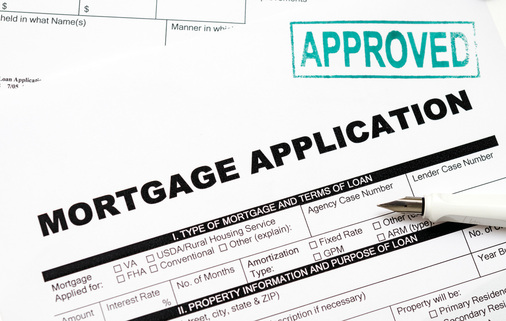-What is PMI? Mortgage lenders make many borrowers purchase PMI or private mortgage insurance to protect the lender if the borrower is unable to pay the mortgage. In other words, mortgage insurance guarantees your lender will get paid if you default. -What types of Mortgages require PMI?
In general, there are two types of mortgage insurance: mortgage insurance bought from the government, designed for those with FHA, USDA or VA (Veteran) loans or mortgage insurance for conventional loans which is bought from the private sector (this is called private mortgage insurance or PMI), Basically, the type of mortgage insurance required will depend on the type of mortgage loan you get. -What are the Advantages of PMI? For the borrower, it has a benefit, too: Getting mortgage insurance allows you to purchase a home before you have the full 20 percent down payment saved up. PMI allows the borrower to get loans with minimal down payment into the transaction. -Does PMI stay with the buyers for the life of the mortgage? Depending on the loan program, yes: FHA loans have recently changed their PMI guidelines to require it for the life of the mortgage. Other types of loan programs like Conventional and USDA loan require PMI either for 7-10 years or until there is 22% equity whichever comes first. -What are some ways to avoid PMI? The traditional way is to put a down payment of 20 percent or more when you buy a home, you can typically avoid paying mortgage insurance on a conventional loan. However, there is a Lender paid option for Mortgage Insurance and a buyout option. This is only for conventional loans. Government issued loans require PMI. -How can you get rid of PMI? If you put down 20 percent or more when you buy a home, you can typically avoid paying mortgage insurance on a conventional loan. And once you've built up a certain amount of equity in your home, you can request to cancel it.
0 Comments
Leave a Reply. |
Categories
All
|

Email - Click Here
Phone - 540-246-9067 Website - www.mattiasclymer.com Schedule a Meeting, Download Contact Card, Etc... |
Funkhouser Real Estate Group | 401 University Boulevard, Harrisonburg, VA 22801 | 540-434-2400 | ©2021 | Privacy Policy | All rights reserved.
Licensed in the Commonwealth of Virginia





 RSS Feed
RSS Feed
